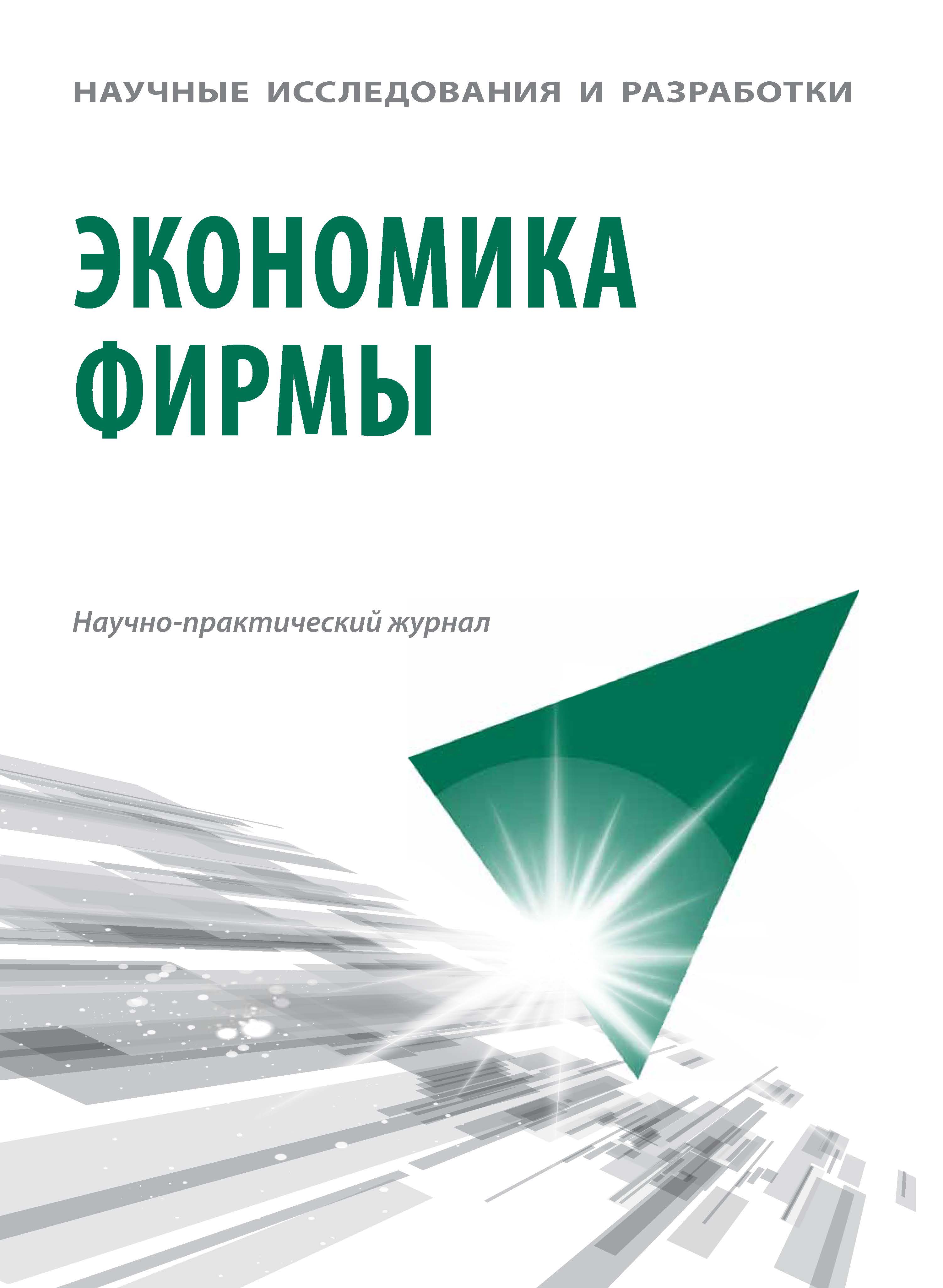Moskva, Moscow, Russian Federation
Moskva, Moscow, Russian Federation
The article considers the most effective mechanisms for realizing the confiscation of property as a means of counteracting corruption. The confiscation institute is investigated in its civil, not criminal-legal meaning. The authors of the article paid special attention to the analysis of international legal regulation of various issues of confiscation in rem and the problems of implementing this institution in the domestic legal field. An analysis of domestic anti-corruption legislation showed that, for all its similarity with the institution, confiscation in rem, the domestic civil-legal institution of confiscation is not such. In the process of its definition, vices are laid, which nullify the effectiveness of the implementation of this institution. When investigating the civil-law institute of property confiscation, the authors used methods of analysis, synthesis, systemic and functional approaches, formal legal and comparative legal methods. On the basis of these methods, the authors come to the conclusion that Russian legislation ensuring the implementation of Art. 235 GCRF, at the moment does not contain effective tools to combat corruption. The author draws attention to the problem of corruption-relatedness of the anti-corruption legislation. In his opinion, the solution of this problem will require a serious analysis of all normative material, a detailed forecast of the application of legal norms in real social conditions.
confiscation in rem, civilian tools, assets subject to control, anticorruption legislation, illegal enrichment, undeniable presumption of income generation, corruption, corruption-relatedness.
Как демонстрирует практика правоприменения наиболее эффективными механизмами в противодействии коррупции является не уголовный запрет, а институты гражданского права, явно недооцененные отечественными юристами. Нередко весьма эффективными средствами достижения целей, задекларированных уголовным законодательством, является цивилистический инструментарий. Со времен римского права известна такая разновидность
иска, как иск не к лицу (in personal), а к вещи (in rem). Самым распространенным иском in rem является вендикационный иск (где обнаруживаю свое имущество, там его и вендицирую). Столь же древним в гражданском праве является и институт конфискации. В конце 60-х гг. прошлого века возникла идея объединить эти два института и использовать в правовом поле, традиционном для уголовного права. Возник своеобразный суб-институт «конфискации in rem», который многие специалисты характеризуют как самый эффективный инструмент в противодействии любой корыстной (в том числе коррупционной) преступности. Базовая его идея: сделать бессмысленным (запредельно рискованным) любое криминальное обогащение. Несколько актов международного права посвящены регламентированию различных вопросов конфискации in rem. Международное право этому вопросу уделяет особо пристальное внимание. Так, Конвенция ООН против коррупции в ч. 8 и 9 ст. 31 закрепляет следующее положение: «Государства-участники могут рассматривать возможность установления требования о том, чтобы лицо, совершившее преступление, доказало законное происхождение таких предполагаемых доходов от преступления или другого имущества, подлежащего конфискации… Положения настоящей статьи не толкуются таким образом, чтоб наносился ущерб правам добросовестных третьих сторон». П/п «с» ч. 1 ст. 54 данного акта предлагает: «…создать возможность для конфискации такого имущества без вынесения приговора в рамках уголовного производства по делам, когда преступник не может быть подвергнут преследованию по причине смерти, укрывательства или отсутствия, или в других соответствующих случаях». Резолюция Совета Европы № 97 (Комитет министров 101 сессия 06.11.1997) «Двадцать принципов борьбы с коррупцией» в ст. 17. также предлагает развивать систему гражданско-правовых средств противодействия коррупции.
1. Aryamov A.A. Aktual’nye napravleniya razvitiya sovremennogo mezhdunarodnogo prava [Actual directions of development of modern international law]. Moscow, 2015, pp. 155-182. EDN: https://elibrary.ru/SYLJTD
2. Aryamov A.A., Rueva E.O. Formulirovanie yuridicheskikh definitsiy (na primere antikorruptsionnogo zakonodatel’stva) [Formulation of legal definitions (on the example of anticorruption legislation)]. Lex Russica [Lex Russica]. 2017, I. 8 (129), pp. 90-100. DOI: https://doi.org/10.17803/1729-5920.2017.129.8.090-100; EDN: https://elibrary.ru/ZFBVWP
3. Lisitskaya A.V. Sravnitel’nyy analiz konfiskatsii imushchestva kak inoy mery ugolovno-pravovogo kharaktera v Rossiyskoy Federatsii i ryade zarubezhnykh stran [Comparative analysis of the confiscation of property as a different measure of criminal law in the Russian Federation and a number of foreign countries]. Aktual’nye problemy yurisprudentsii Sbornik statey po materialam II mezhdunarodnoy nauchno-prakticheskoy konferentsii [Actual problems of jurisprudence Collected papers on the materials of the II International Scientific and Practical Conference]. 2017, pp. 115-120. EDN: https://elibrary.ru/ZOYAQZ
4. Alieva G.A., Aponitskiy S.V., Aryamov A.A. Protivodeystvie korruptsii v zhilishchno-kommunal’nom sektore Rossii [Counteracting corruption in the housing and communal sector of Russia]. Moscow: FGBOU VPO «REU im. G.V. Plekhanova» Publ., 2015. 144 p. EDN: https://elibrary.ru/TGZZNV
5. Khorunzhiy S.N. Grazhdansko-pravovye aspekty protivodeystviya korruptsii [Civil-law aspects of counteracting corruption]. Aktual’nye problemy zashchity prav i svobod lichnosti: teoriya, istoriya, praktika. Materialy Vserossiyskoy nauchno-prakticheskoy konferentsii [Actual problems of the protection of individual rights and freedoms: theory, history, practice. Materials of the All-Russian Scientific and Practical Conference]. 2017, pp. 132-140. EDN: https://elibrary.ru/ZRNDDN







